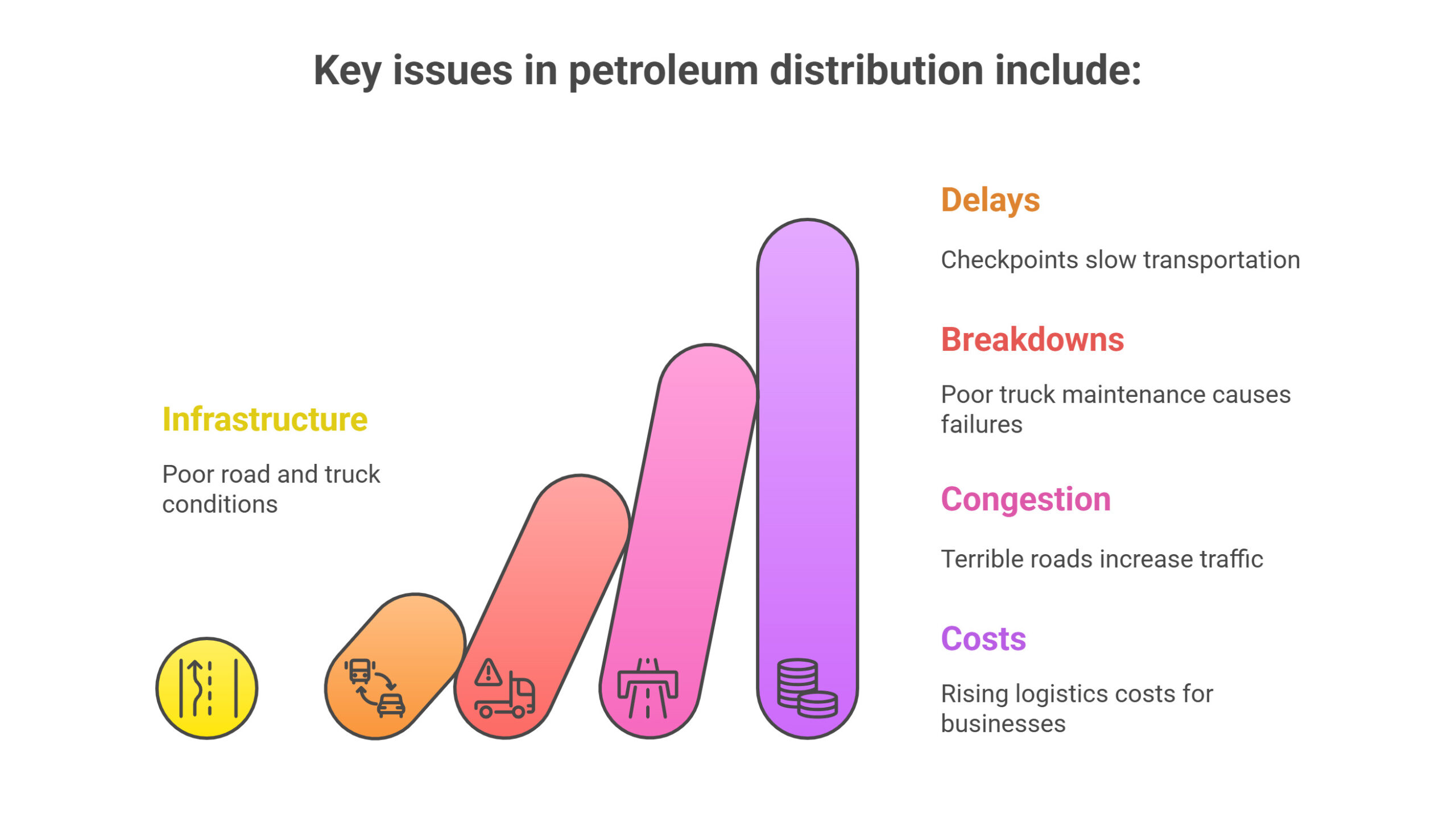Introduction: A
Turning Point for Fuel Distribution
Nigeria’s petroleum distribution has long suffered from vandalized pipelines, poor roads, and logistical inefficiencies. With 80% of fuel moved by road, the system has become costly and unreliable. But a major shift is coming: Dangote Refinery is deploying 4,000 Compressed Natural Gas (CNG) trucks, starting August 15, 2025. This move could transform Nigeria’s downstream sector by tackling fuel scarcity and inefficiencies at the root.
The Dangote CNG
Truck Rollout: What’s New?
The new fleet features
GPS-enabled, CNG-powered trucks designed for real-time tracking and
direct delivery. These trucks will transport PMS and diesel from the refinery
to various clients, marketers, telecoms, manufacturers, and aviation firms with
free logistics included.
Switching to CNG helps cut fuel costs, reduce emissions, and aligns with Nigeria’s clean energy goals. Dangote is also building over 100 CNG booster stations nationwide to support the network.
Solving Nigeria’s
Longstanding Fuel Distribution Problems
Key issues in
petroleum distribution include:
- Delays at checkpoints
- Mechanical breakdowns from poor truck
maintenance
- Terrible road conditions
- Traffic congestion and rising logistics costs
Dangote’s direct-distribution model bypasses fragile pipelines and intermediaries, cutting costs and boosting fuel access nationwide. Lower transport expenses could eventually stabilize or reduce pump prices while improving efficiency and safety.
A Supply Chain
Game-Changer
The initiative
directly supplies petroleum to retailers, manufacturers, and large users bypassing
depots. This decentralizes distribution, especially in underserved areas,
and may help revive inactive filling stations. Marketers benefit from reduced
logistics costs, which could reflect in consumer pricing.
It also addresses
frequent issues like tanker accidents, driver strikes, and northern supply
shortages by removing weak links in the chain.

Impact on
Competitors and the Transport Sector
Not everyone is
cheering. Tanker unions and oil marketers worry about job losses and
displacement. Groups like NARTO and NOGASA fear losing their roles as
middlemen. Talks of strikes and operational halts have surfaced.
Some analysts suggest
the initiative could create healthy competition or new partnerships, while
others warn of disruption, asset redundancy, and potential market dominance.
IPMAN seems ready to partner with Dangote out of economic necessity, but
PETROAN warns of a "Greek gift," fearing a future price surge if a
monopoly forms.
Regulatory bodies are urged to monitor market share closely and encourage the emergence of other refineries to avoid over-dependence on a single supplier.
Environmental and
Economic Benefits
- Cleaner transport: CNG reduces emissions, supporting
national climate goals.
- Cost savings: Lower logistics costs can ease inflation
and support SMEs.
- Job creation: While some tanker drivers may be
displaced, others could find work in the new supply chain or related
sectors.
- National development: Aligns with the government’s CNG
transition agenda under the “Renewed Hope” plan.
Risks and
Considerations
- Infrastructure readiness: Road conditions and CNG station coverage
could hinder operations.
- Safety standards: Success depends on training and proper
handling of CNG trucks.
- Market control: Without regulation, Dangote could gain
dominant market share, limiting competition.
- Sustainability concerns: Like previous monopolies in flour,
cement, and sugar, there are fears of eventual price hikes.
Conclusion: A New
Fuel Era
Dangote’s 4,000 CNG
trucks represent more than a logistics upgrade; they symbolize a major restructuring
of Nigeria’s petroleum supply chain. With free logistics, cleaner energy,
and direct delivery, the refinery challenges the old model and may reduce
consumer costs.
What’s next?
- Marketers must adapt or partner.
- Policymakers must prevent monopolies, improve
infrastructure, and support multiple players.
- Stakeholders must collaborate for a fair, competitive, and sustainable energy market.
This could be the bold
shift Nigeria needs, if managed wisely.
